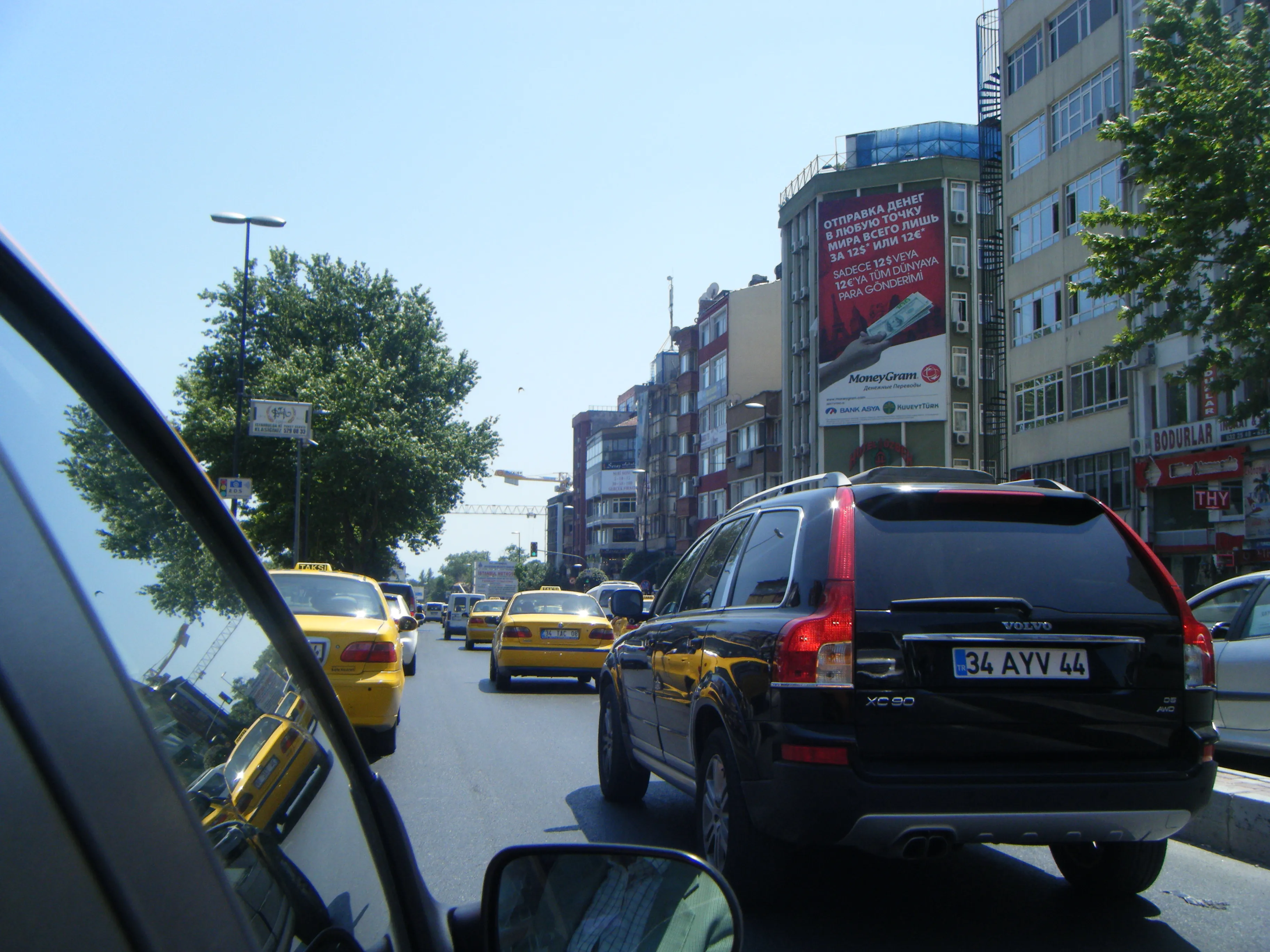The tender process for the road connections to the third bridge over the Bosporus in Turkey has been delayed once more. This is the third time the tender for the connecting roads for Istanbul's third bridge over the Bosporus has been postponed. The tender for the North Marmara Motorway was originally set for 6th March 2015 but was then pushed back to the 6th May. It was then announced that the tender would be run in two stages, with the Kinali-Odayeri motorway tender on 7th July and the Kurtkoy-Akyazi motor
June 25, 2015
Read time: 3 mins

The tender process for the road connections to the third bridge over the Bosporus in Turkey has been delayed once more. This is the third time the tender for the connecting roads for Istanbul's third bridge over the Bosporus has been postponed. The tender for the North Marmara Motorway was originally set for 6th March 2015 but was then pushed back to the 6th May. It was then announced that the tender would be run in two stages, with the Kinali-Odayeri motorway tender on 7th July and the Kurtkoy-Akyazi motorway on the 30th June. The tenders are now being postponed to the 31st August and the 7th September respectively.
Construction of the bridge is, however, proceeding well. The structure is a landmark, both in terms of its engineering and architectural importance, due to its size and geographic location. The bridge will carry a heavy structural load comprising both traffic lanes and rail lines, while it is also being designed to cope with the seismic activity that occurs in the area.
The new bridge link is of enormous importance for Turkey, as Istanbul is the country’s commercial centre and its geographic location means it is also a vital through route for traffic between Asia and Europe. Traffic volumes in Istanbul are huge and the city suffers badly from congestion, so much so that it is the second worst in the world (after Jakarata) for jams. Traffic queuing to use the two existing bridges frequently backs up across the city, resulting in long queues of slow moving (or even stationary) vehicles. The new bridge will help reduce the gridlock that occurs frequently at peak periods, by easing flow across the Bosporus.
The third bridge was conceived some years ago and the need for its construction has grown almost exponentially since it was first proposed. The population of Istanbul is increasing at a fast pace, while Turkey’s vehicle numbers are also growing due to the country’s steady economic development. But the historic city of Istanbul is ill-suited to vehicle traffic in many areas, with its centre in particular featuring many narrow and twisting streets. The new bridge forms part of a programme of infrastructure works intended to ease the traffic flow and prevent gridlock. Other projects include new metro lines and separate busways, both of which are intended to increase the percentage of city commuters using public transport.
Construction of the bridge is, however, proceeding well. The structure is a landmark, both in terms of its engineering and architectural importance, due to its size and geographic location. The bridge will carry a heavy structural load comprising both traffic lanes and rail lines, while it is also being designed to cope with the seismic activity that occurs in the area.
The new bridge link is of enormous importance for Turkey, as Istanbul is the country’s commercial centre and its geographic location means it is also a vital through route for traffic between Asia and Europe. Traffic volumes in Istanbul are huge and the city suffers badly from congestion, so much so that it is the second worst in the world (after Jakarata) for jams. Traffic queuing to use the two existing bridges frequently backs up across the city, resulting in long queues of slow moving (or even stationary) vehicles. The new bridge will help reduce the gridlock that occurs frequently at peak periods, by easing flow across the Bosporus.
The third bridge was conceived some years ago and the need for its construction has grown almost exponentially since it was first proposed. The population of Istanbul is increasing at a fast pace, while Turkey’s vehicle numbers are also growing due to the country’s steady economic development. But the historic city of Istanbul is ill-suited to vehicle traffic in many areas, with its centre in particular featuring many narrow and twisting streets. The new bridge forms part of a programme of infrastructure works intended to ease the traffic flow and prevent gridlock. Other projects include new metro lines and separate busways, both of which are intended to increase the percentage of city commuters using public transport.







